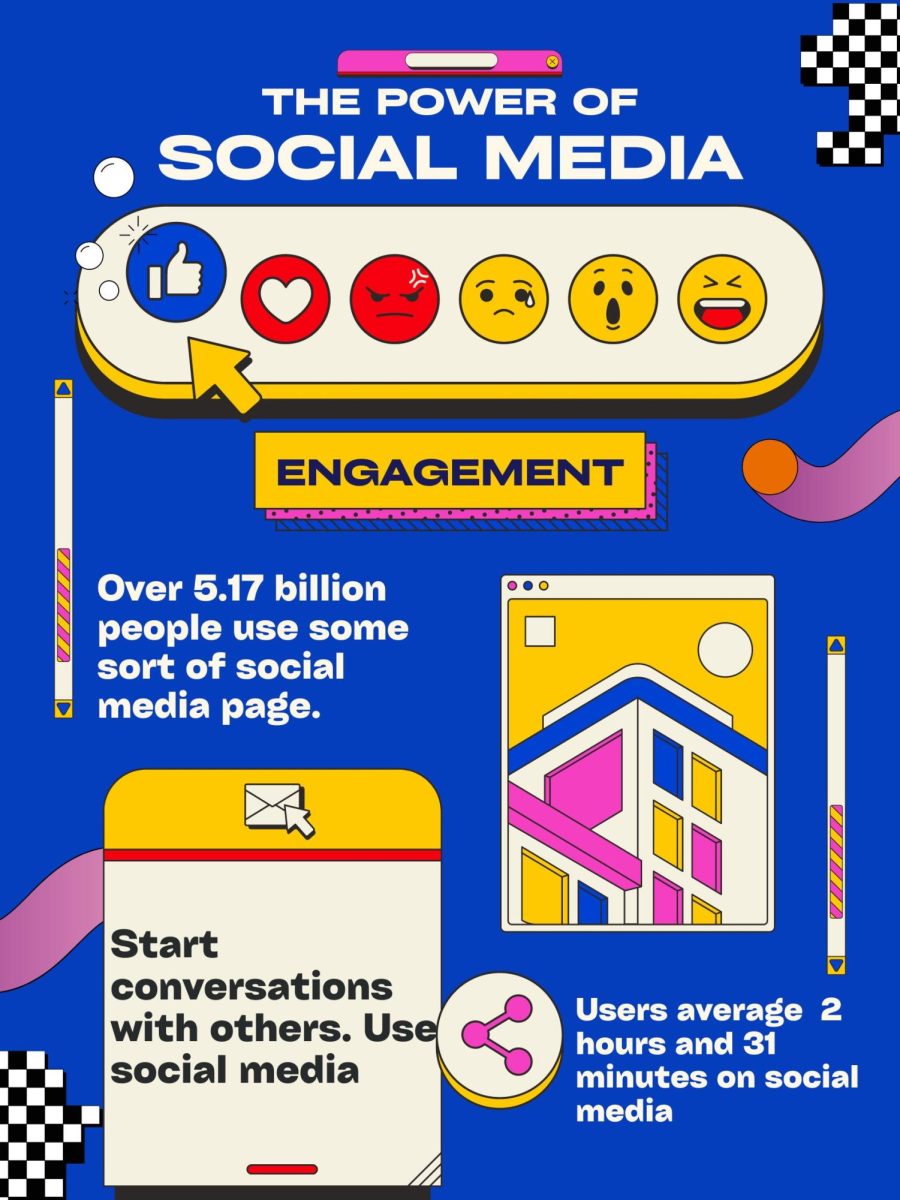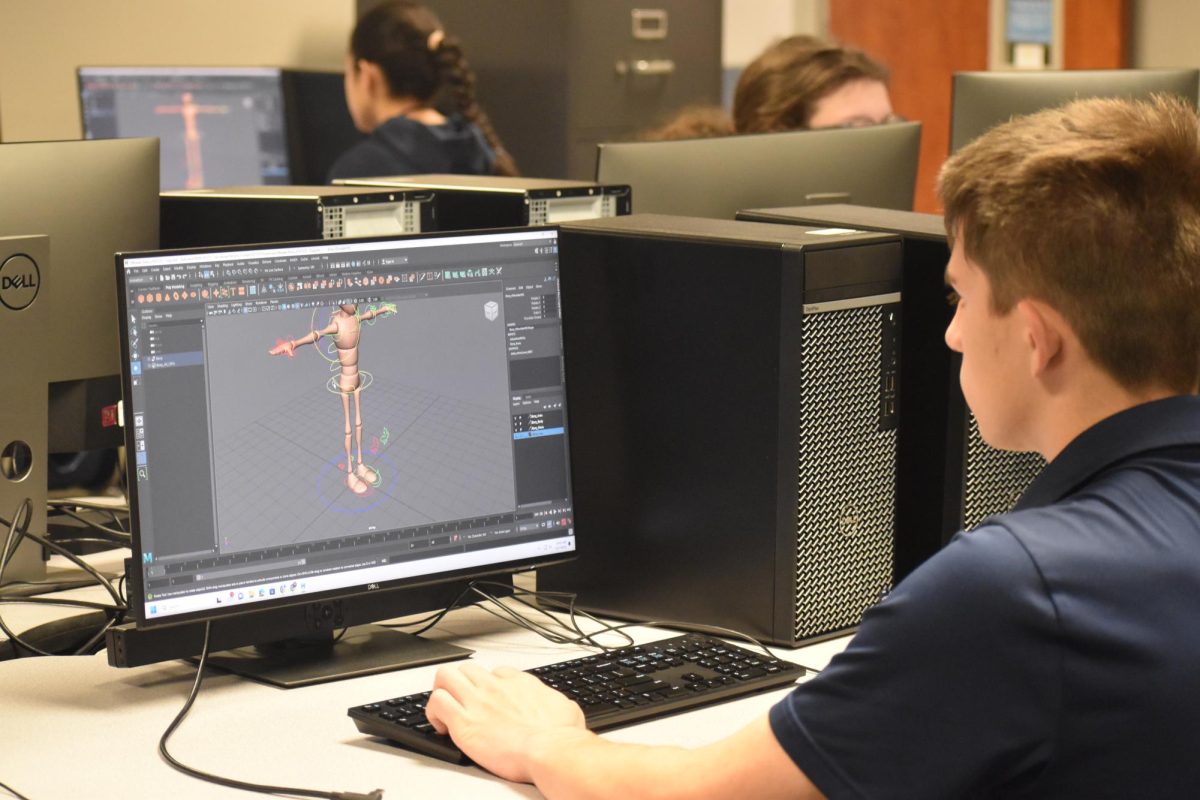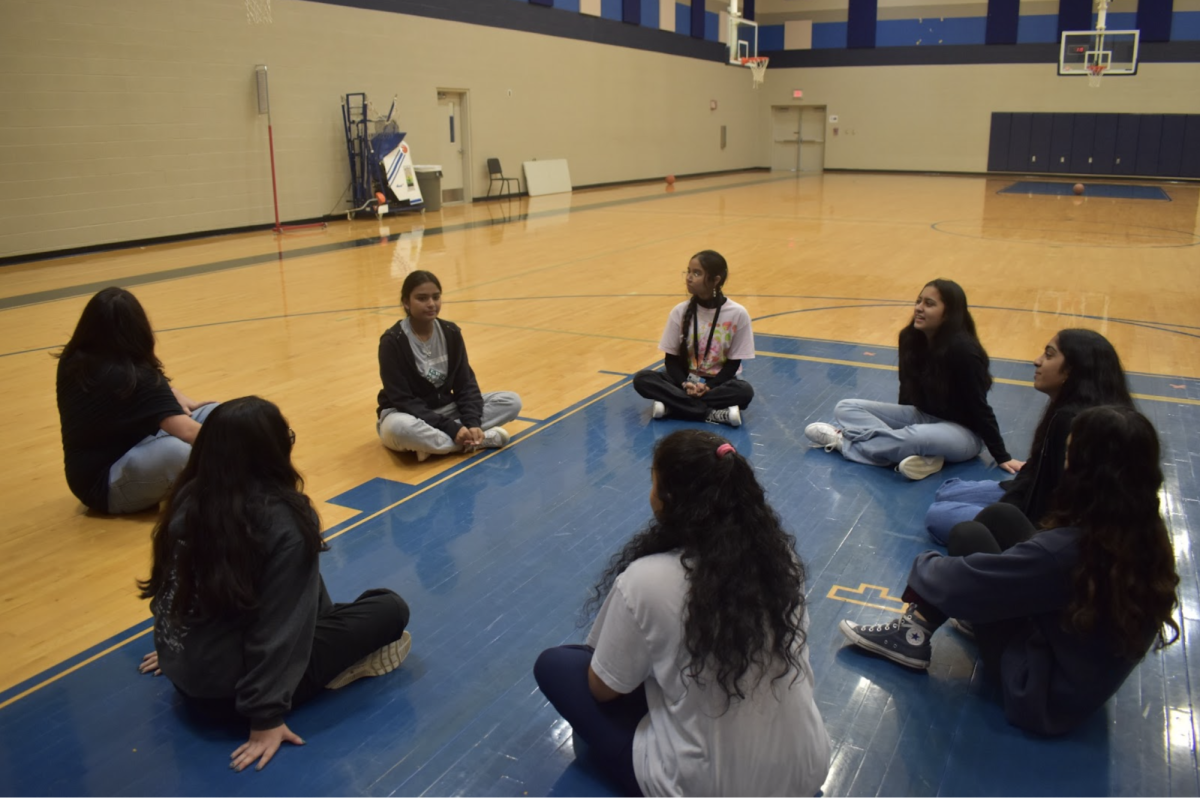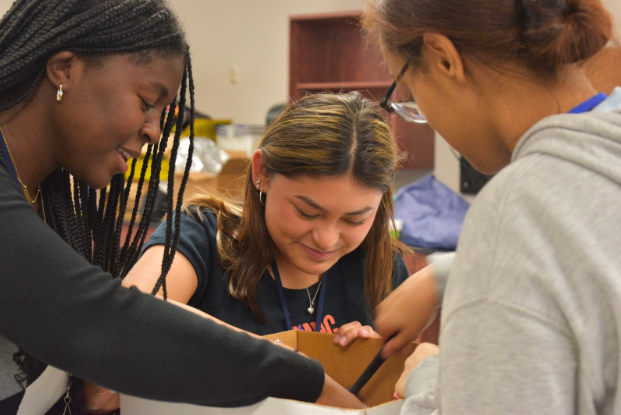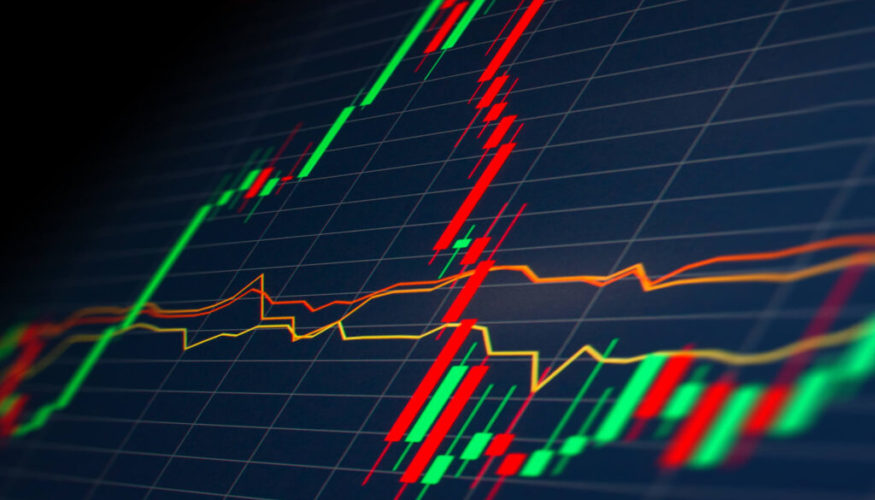In the digital age, social media has transcended its original purpose of connecting people and sharing personal moments. It has become a driving force behind some of the most significant social movements of our time. The power of social media trends lies not just in their reach but in their ability to create a collective consciousness, inspiring millions to engage with important issues, often turning passive scrolling into active participation.
Senior Maya Shimelis shares her thoughts on the power of social media, and how it impacts her daily life.
“Social media can be used as inspiration and can help engage with people all over the world,” Shimelis said.
One of the most powerful aspects of social media is its capacity to amplify marginalized voices. Before platforms like Twitter, Instagram and TikTok, people had limited ways to share their stories with the world, especially those outside mainstream media attention. Hashtags like #BlackLivesMatter, #MeToo and #ClimateStrike have not only gone viral but have led to meaningful changes in societal conversations. These trends expose the injustices faced by underrepresented communities and make these stories impossible to ignore, pushing these issues into public discourse in a way traditional media often fails to do.
“Social media allows me to share interests with others and expose me to world-wide trends, ” senior Camilla Garcia said.
Social media trends have also created a form of accountability for both individuals and institutions. When companies or public figures make statements or take actions that are seen as harmful or discriminatory, a viral social media campaign can bring widespread attention to these actions almost instantly. This rapid dissemination of information pressures businesses and leaders to respond, often resulting in policy changes or public apologies that may not have happened without this online backlash. In this way, social media has democratized the power of influence, giving ordinary people the tools to hold power to account.
Senior Ariel Rivera explains how using social media can take away from one’s life outside of the phone.
“It is cool because I can talk to people from different places, but it makes me focus more on my phone instead of real life,” Rivera said.
Moreover, social media trends have made education on social issues more accessible. With a quick swipe or scroll, users are exposed to infographics, personal stories and informative videos that break down complex issues, making them more understandable and relatable. While it’s important to be cautious of misinformation, the wealth of accessible content on social justice topics has empowered millions to learn and grow more aware of the world around them.
“Social media for me is a daily usage, I like to stay updated on news, my friends or celebrities through social media,” senior Angelica Nguyen said.
However, it’s worth considering the downside of social media activism. The fleeting nature of trends can lead to what some call “slacktivism,” where engagement doesn’t go beyond liking or sharing a post. But even this minimal interaction can be a stepping stone to deeper involvement, as it starts conversations that may inspire people to act beyond their screens. After all, many of the recent movements that began online, such as #FridaysForFuture, eventually led to physical protests and significant societal shifts.
The power of social media trends cannot be underestimated. While it has its limitations, the positive impact of these platforms on raising social awareness is undeniable. They have reshaped how we engage with the world’s most pressing issues, making social awareness more accessible and widespread than ever before. As we continue navigating this digital era, it’s clear that social media will remain a pivotal tool for promoting change, holding power accountable and driving forward the conversations that matter. However there are instances where social media does not serve as value to some.
Senior Fadzai Mutswiri details how the lack of using social media does not cause any changes in her life.
“Personally, I don’t have social media but I do not think I am missing out on anything. I can get my news from news outlets and connect with others on my phone by call or message,” Mutswiri said.



